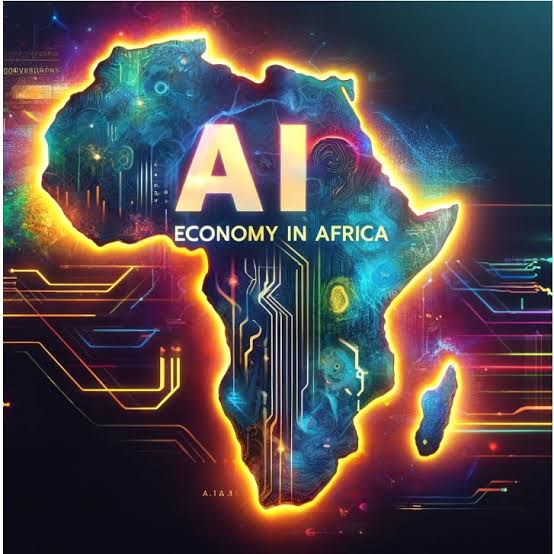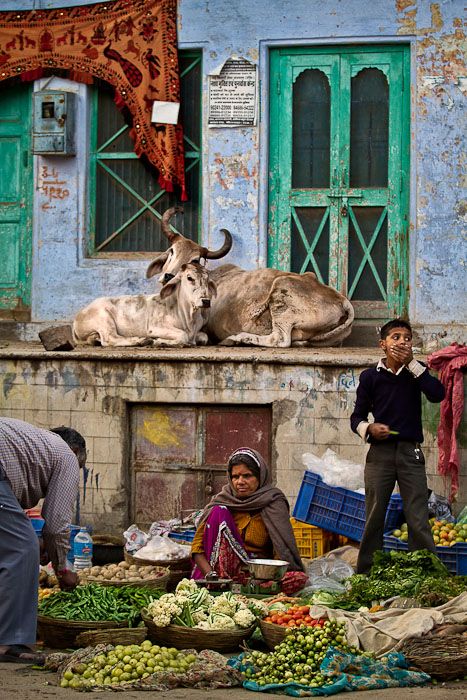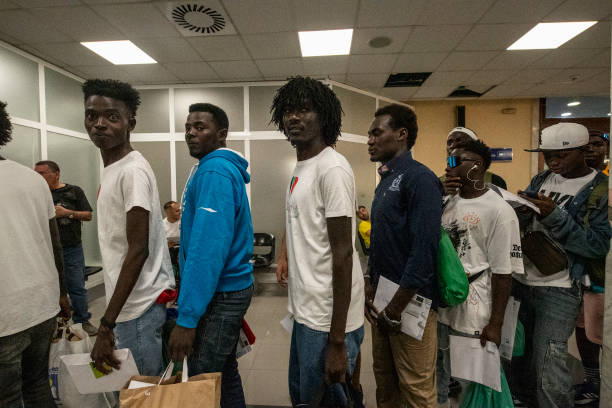Nigeria to Launch 'Africans for Africa Fund'

The Federal Government of Nigeria is poised to launch the transformative “Africans for Africa” Fund, a pioneering initiative aimed at mobilizing indigenous African capital to foster investments across the continent's vital mineral and energy sectors. This significant launch is scheduled to take place during the fourth Africa Natural Resources and Energy Investment Summit (AFNIS), set to convene from July 15 to 17 at the State House Conference Centre in Abuja, Nigeria. Dr. Dele Alake, the Minister of Solid Minerals Development, underscored the fund's objective as a strategic shift in mindset, emphasizing the imperative for Africans to invest in Africa, thereby backing local industries, innovations, and critical infrastructure with the continent's own abundant resources.
AFNIS, which carries the theme “Harnessing Local Content for Sustainable Development,” has evolved significantly since its inception in 2022. Initially a national platform known as the Nigeria-Africa Natural Resources and Energy Investment Summit (NAFNIS), it has transitioned into a robust continental forum designed for high-level policy engagement, investment matchmaking, and the forging of long-term strategic partnerships across the entire natural resource and energy value chain. The 2024 edition, which attracted over 1,000 participants, laid the groundwork for continental collaboration, leading to the formalization of the “Africans for Africa” initiative.
The upcoming 2025 summit is structured to move beyond mere policy articulation, focusing instead on achieving actionable outcomes and generating bankable projects. Minister Alake articulated that AFNIS is no longer solely a conversational space but has become a deal-making and solution-driving platform where tangible partnerships are formed and capital is genuinely mobilized. Key areas of focus for the summit include local industrialization, aimed at transforming Africa’s vast raw materials into processed products such as batteries, solar components, fertilizers, and metals. Furthermore, the summit will address energy transition strategies, focusing on leveraging Africa's renewable and gas resources to create clean, reliable, and affordable energy solutions tailored for African communities.
Nigeria will utilize the summit as a crucial platform to showcase the progress achieved under President Bola Tinubu’s Renewed Hope Agenda, particularly within the solid minerals sector. This includes detailing ongoing reforms such as enhanced local processing efforts, a renewed commitment to community development agreements (CDAs), the rollout of the National Mineral Resource Data and Statistics System (NMRDSS), and new measures implemented to attract responsible investments that ensure mining operations benefit all stakeholders, including host communities and the broader Nigerian economy. The minister emphasized that the groundwork is being laid for a mining sector that serves investors, host communities, and the Nigerian economy holistically.
The summit is expected to attract a diverse array of participants, including senior government officials, industry executives, development partners, and academics from across Africa. Notable confirmed speakers include Hon. Hassan Joho of Kenya, Sierra Leone’s Minister of Mines Julius Mattai, CEO of Sustainable Energy for All Damilola Ogunbiyi, and Professor Olugbenga Okunlola. The event will feature a ministerial and CEO retreat, a strategic partnership summit, and a technical forum dedicated to discussing critical minerals, ESG compliance, and integrated industrial development. Minister Alake, who also chairs the Africa Minerals Strategy Group, will lead discussions on fostering regional cooperation and developing cross-sector strategies for sustainable growth.
Minister Alake issued a call for a coordinated policy approach among African governments, urging mineral-rich countries to prioritize local beneficiation, cultivate regional value chains, and establish investment-friendly regulatory environments. He highlighted the economic imperative to end the cycle where raw materials exported at low prices return as finished goods at significantly inflated costs. He further stressed the importance of real capital mobilization over speculative interest. The success of AFNIS, he noted, hinges not only on the quality of participation but also on robust public engagement with the issues raised, urging the media to play its part in holding stakeholders accountable. With logistical preparations complete and high-level participation confirmed, AFNIS 2025 is set to be a pivotal event in driving Africa’s resource-based transformation, signaling the continent’s readiness to build its future with its own wealth.
You may also like...
In the Shadows of the Signal: How Africa is Fighting a War It Cannot See

The article discusses the growing threat of cyberattacks in Africa, likening it to a "quiet war" being waged through dig...
Beyond Fintech, A Continent on the Rise

Africa's tech landscape is rapidly diversifying beyond fintech. Discover how innovation in sectors like AI, health tech,...
Should Religion Still Dictate Morality in a Secular Age?

This bold essay unpacks the complex relationship between faith, law, and public life—exploring where religion uplifts mo...
Africa’s AI Moment: Are We Innovating or Just Consuming?

As AI reshapes Africa’s digital landscape, the continent stands at a crossroads: Will it lead innovation or remain a tes...
The Rise of AfroAnimation: How African Studios Are Telling Our Stories With Global Appeal
(26).jpeg)
African animation is breaking boundaries as studios across the continent craft vibrant, culturally-rooted stories with g...
Digital Dakar: Why Senegal Is Africa’s Next Fintech Capital

Senegal’s capital, Dakar, is emerging as Africa’s next fintech powerhouse, driven by mobile money innovations, a youthfu...
The Global South Doesn’t Need a Savior: It Needs Equity

This incisive essay dismantles the outdated saviour complex, calling for a bold shift from patronising charity to genuin...
The Strangers Next Door: A New Dilemma at Africa’s Threshold

The article discusses the deportation of African nationals by the United States to eSwatini, a small southern African ki...



